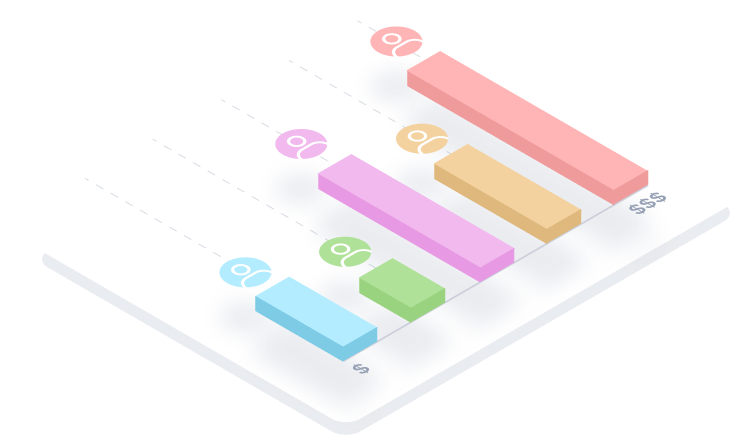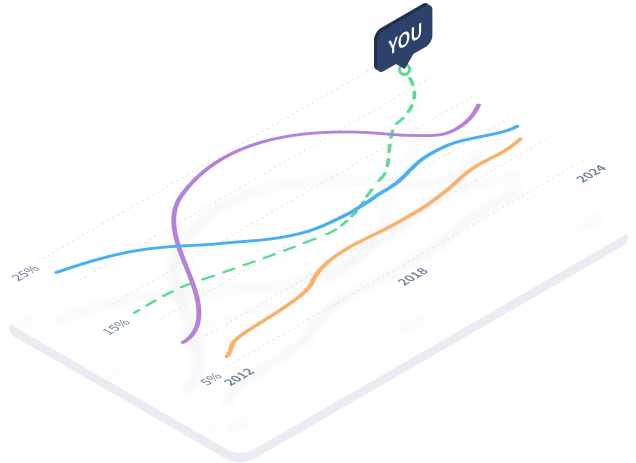Revelio Public Labor Statistics (RPLS) — Coming September 4, 2025
Learn More
Real-Time Compensation Benchmarking
Utilize external salary data to make informed, data-driven decisions, enabling you to remain competitive in the market, attract top talent, and retain employees.

Leverage Precise Data
Revelio Labs salary models are trained on a diverse set of sources providing a high degree of accuracy for external compensation benchmarking around the globe. Explore our newsletters to see how you can leverage salary data in your analysis.
Analyze the salary distribution for every:
Understand every compensation layer:


Build Custom Benchmarks
With a comprehensive and robust dataset, you can consider many factors such as location, skills, and seniority level allowing for flexibility and creativity while generating compensation benchmarks.
Look beyond job title to develop benchmarks:
Create benchmarks for a wide range of positions:


Secure a Competitive Advantage
Revelio Labs job and skill taxonomies standardize the data allowing you to fairly benchmark salaries against positions at your competitors and understand trends in the labor market at large.
Know how you compare by analyzing your competitors:
Analyze salary trends in the labor market:


Access Flexible Data Delivery
With Revelio Labs platform you can build a high level report for the C-suite or have your data scientists dive into granular data via API. There’s something for everyone.



What is Compensation Benchmarking?
Compensation benchmarking is a vital practice for organizations aiming to establish equitable and competitive pay structures. By evaluating salaries and benefits offered for comparable roles across industry peers, businesses can ensure they attract and retain top talent while remaining compliant with legal standards. Factors like geography, industry, job responsibilities, and candidate qualifications are meticulously considered in this data-driven process to determine appropriate compensation levels.
Introducing a compensation benchmarking process serves various strategic purposes within organizations. This includes the establishment of salary ranges, also known as compensation bands, which are essential for recruitment efforts and for driving adjustments in compensation for existing employees. Additionally, it provides valuable insights for crafting well-informed strategies regarding raises, promotions, and effective attrition management. Compensation benchmarking can also play a pivotal role in the strategic planning and forecasting of workforce needs, ensuring alignment between staffing requirements and compensation strategies.
In the execution of compensation benchmarking, organizations glean insights into their competitive standing via metrics like pay range midpoints, enabling them to refine their compensation strategies with precision. This iterative process not only facilitates the crafting of comprehensive and enticing compensation packages but also strengthens organizational positioning in attracting and retaining top-tier talent amidst a competitive landscape. Ultimately, compensation benchmarking empowers organizations to not only remain agile in response to market dynamics but also to cultivate a workplace environment that values and rewards employee contributions effectively.